Vivian Li
Large Sign Language Models: Toward 3D American Sign Language Translation
Nov 11, 2025Abstract:We present Large Sign Language Models (LSLM), a novel framework for translating 3D American Sign Language (ASL) by leveraging Large Language Models (LLMs) as the backbone, which can benefit hearing-impaired individuals' virtual communication. Unlike existing sign language recognition methods that rely on 2D video, our approach directly utilizes 3D sign language data to capture rich spatial, gestural, and depth information in 3D scenes. This enables more accurate and resilient translation, enhancing digital communication accessibility for the hearing-impaired community. Beyond the task of ASL translation, our work explores the integration of complex, embodied multimodal languages into the processing capabilities of LLMs, moving beyond purely text-based inputs to broaden their understanding of human communication. We investigate both direct translation from 3D gesture features to text and an instruction-guided setting where translations can be modulated by external prompts, offering greater flexibility. This work provides a foundational step toward inclusive, multimodal intelligent systems capable of understanding diverse forms of language.
Happiness Entailment: Automating Suggestions for Well-Being
Jul 23, 2019

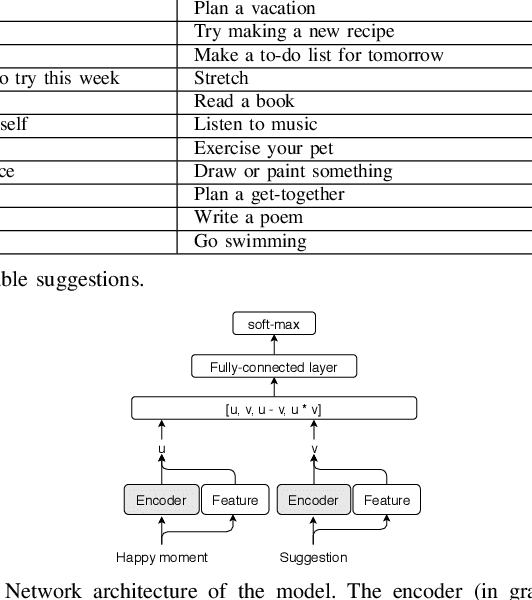

Abstract:Understanding what makes people happy is a central topic in psychology. Prior work has mostly focused on developing self-reporting assessment tools for individuals and relies on experts to analyze the periodic reported assessments. One of the goals of the analysis is to understand what actions are necessary to encourage modifications in the behaviors of the individuals to improve their overall well-being. In this paper, we outline a complementary approach; on the assumption that the user journals her happy moments as short texts, a system can analyze these texts and propose sustainable suggestions for the user that may lead to an overall improvement in her well-being. We prototype one necessary component of such a system, the Happiness Entailment Recognition (HER) module, which takes as input a short text describing an event, a candidate suggestion, and outputs a determination about whether the suggestion is more likely to be good for this user based on the event described. This component is implemented as a neural network model with two encoders, one for the user input and one for the candidate actionable suggestion, with additional layers to capture psychologically significant features in the happy moment and suggestion.
Voyageur: An Experiential Travel Search Engine
Mar 04, 2019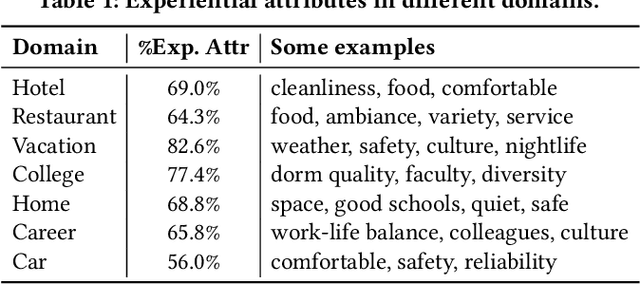
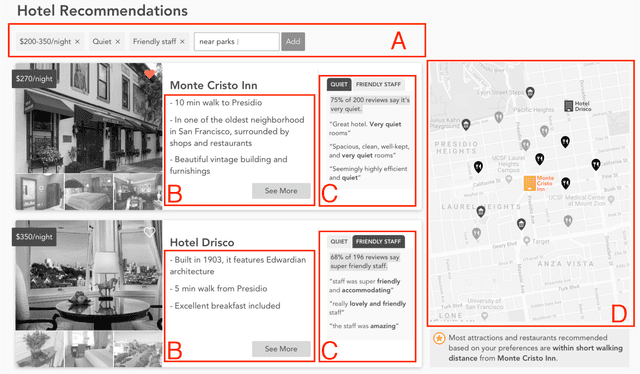
Abstract:We describe Voyageur, which is an application of experiential search to the domain of travel. Unlike traditional search engines for online services, experiential search focuses on the experiential aspects of the service under consideration. In particular, Voyageur needs to handle queries for subjective aspects of the service (e.g., quiet hotel, friendly staff) and combine these with objective attributes, such as price and location. Voyageur also highlights interesting facts and tips about the services the user is considering to provide them with further insights into their choices.
HappyDB: A Corpus of 100,000 Crowdsourced Happy Moments
Jan 25, 2018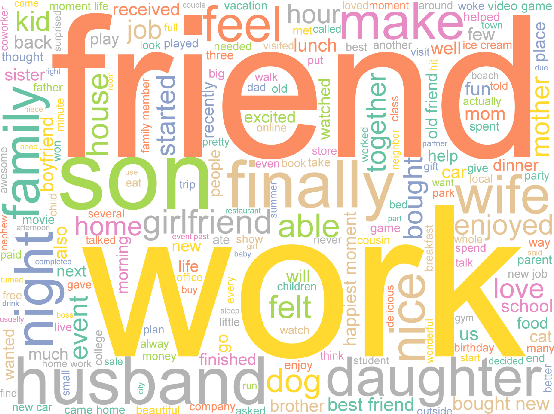

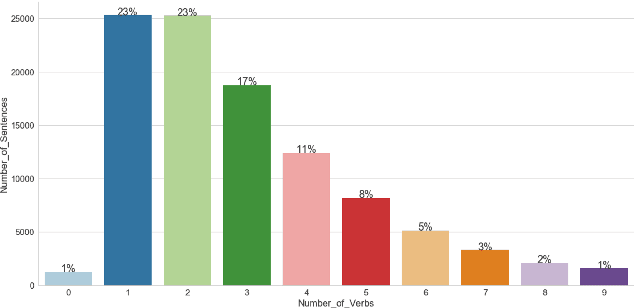
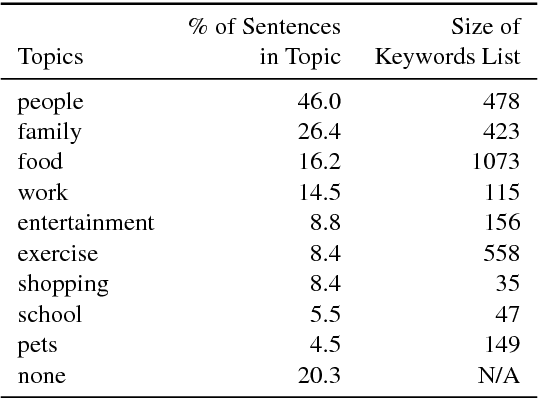
Abstract:The science of happiness is an area of positive psychology concerned with understanding what behaviors make people happy in a sustainable fashion. Recently, there has been interest in developing technologies that help incorporate the findings of the science of happiness into users' daily lives by steering them towards behaviors that increase happiness. With the goal of building technology that can understand how people express their happy moments in text, we crowd-sourced HappyDB, a corpus of 100,000 happy moments that we make publicly available. This paper describes HappyDB and its properties, and outlines several important NLP problems that can be studied with the help of the corpus. We also apply several state-of-the-art analysis techniques to analyze HappyDB. Our results demonstrate the need for deeper NLP techniques to be developed which makes HappyDB an exciting resource for follow-on research.
 Add to Chrome
Add to Chrome Add to Firefox
Add to Firefox Add to Edge
Add to Edge